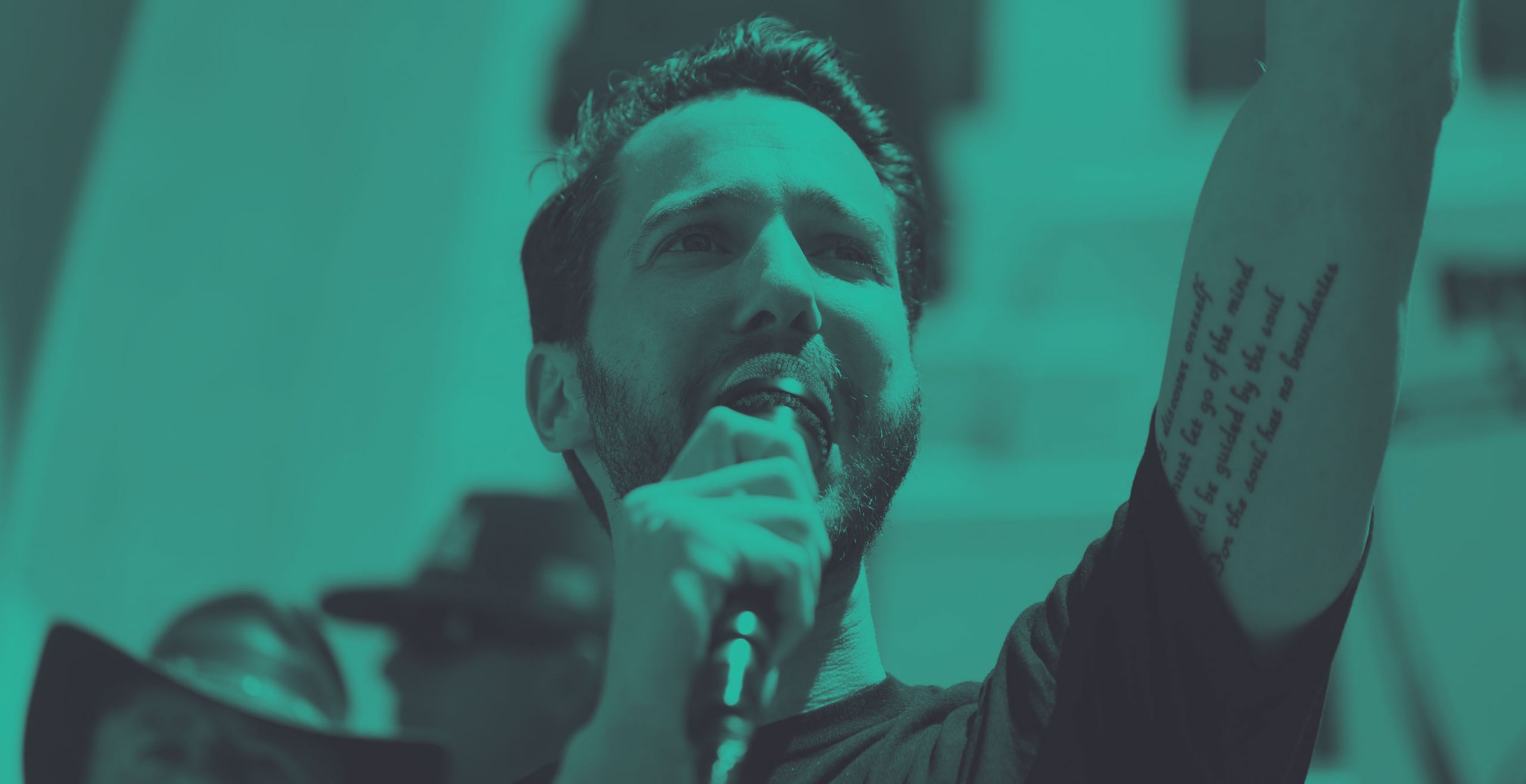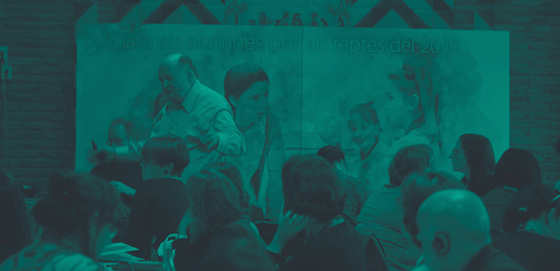By Jordi Viladrosa i Clua
The art of persuading others has always had oratory as an ally, an aptitude with which a speech that communicates a relevant and clear message is achieved, where verbal and body language are as important. Its structure is essential to engage the audience and to capture what the speaker really wants to convey.
On this occasion, we will focus on the analysis of five speeches that, among many others that have left their mark on our contemporary history, provide elements of undeniable value for the progress of society and remind us that rights and values are defended and lived in order to build a better world.
“We shall fight at the beaches”
This iconic speech was delivered during World War II, and in it Churchill conveyed determination and resilience in the face of adversity, the capacity for leadership and the mobilization of collective will and the defense of democratic values. It is considered one of the most emblematic speeches in history.
Winston Churchill 1940, “We shall fight at the beaches”
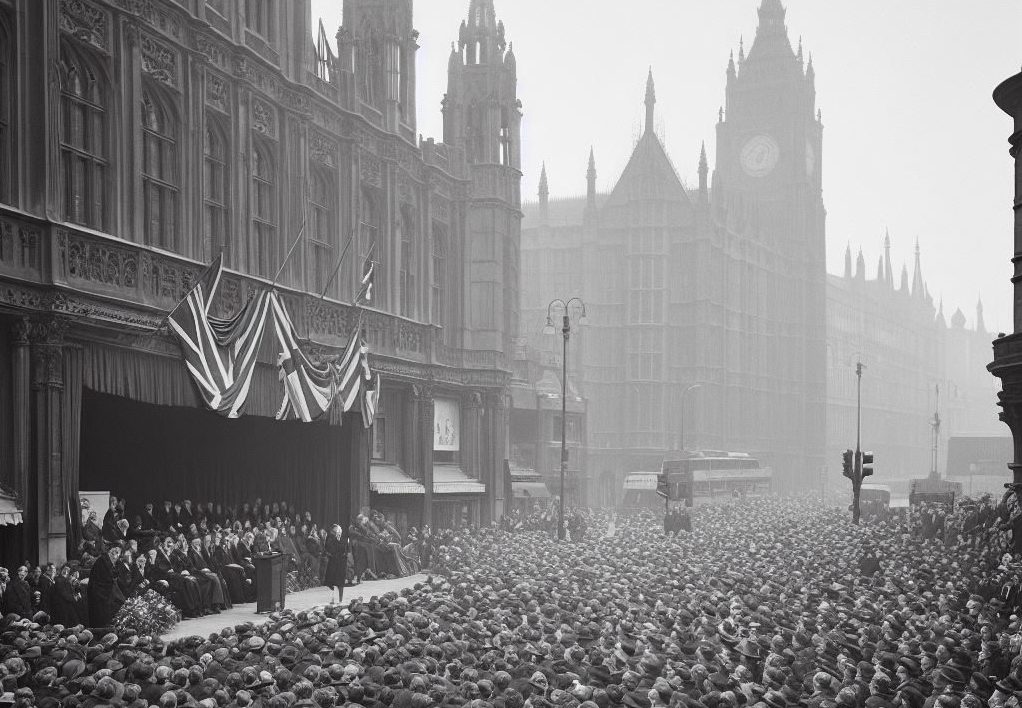
Among its most relevant aspects are the following:
Churchill highlighted the determination of the British nation and its readiness to fight against the Nazi occupation.
He emphasized the courage and sacrifice of the British soldiers and people in the defense of their country.
Churchill stressed the importance of the alliance between Britain and her allies, and the need to maintain solidarity and mutual support in the face of the enemy.
Despite the difficulties and uncertainty, Churchill conveyed a message of hope and strength.
“I have a dream”
That’s the Martin Luther King’ speech, in which he denounced the racial discrimination and injustice suffered by African Americans in the United States. He emphasized ensuring equal rights for all citizens, regardless of their skin color. In it he advocated racial equality and social justice, the ability to inspire the masses, a vision of a better and more just world, and an invitation to action and unity.
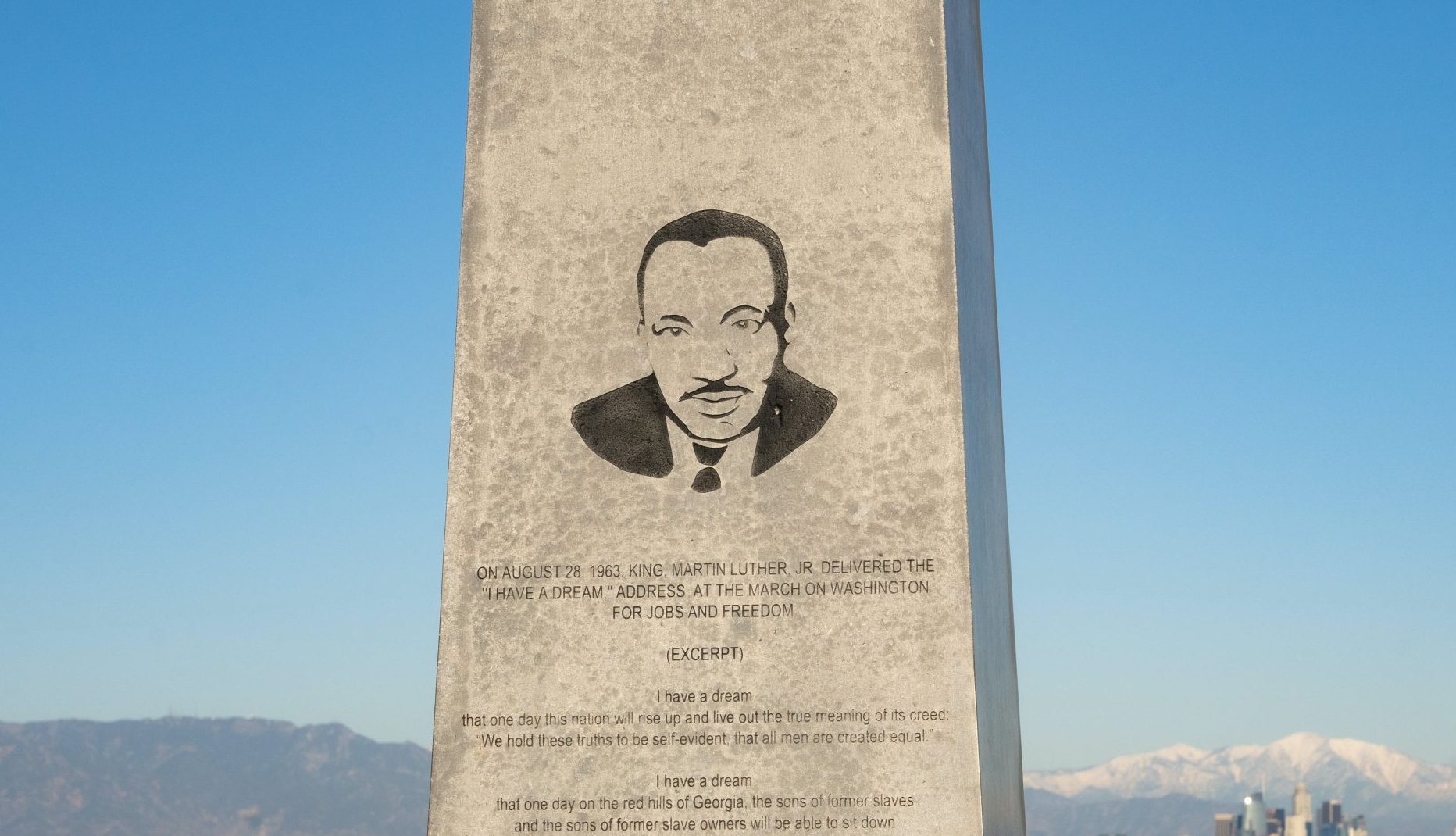
“I Have a Dream”, by Martin Luther King Jr. in 1963
Here are some of his key points:
He envisioned a world in which all people, regardless of ethnicity, would live together in harmony and treat each other with mutual respect.
Luther King Jr. advocated nonviolence as a means to achieve social change. Inspired by the philosophy of Mahatma Gandhi, he promoted peaceful resistance and nonviolent protest as powerful tools for fighting injustice and achieving equality.
He claimed civil rights as inalienable and fundamental rights of all people. He demanded the protection of voting rights, equal access to education and justice, and an end to discrimination in all its forms.
He urged the audience to act and fight for justice and equality. He encouraged people not to lose heart in their quest for a better world and instilled hope that, despite the challenges, change was possible.
“Peace speech” (Discurs de la pau)
This speech was delivered by Pau Casals to the United Nations, on October 24, 1971 at the UN headquarters in New York. He urged the search for peace and fraternity among the peoples of the world. To this end, he encouraged the abandonment of violence and war, and the peaceful resolution of international conflicts. It became a symbol of hope and advocacy for peace and the need to put aside differences.
The “Peace Speech”, delivered in 1971 at the UN headquarters in New York
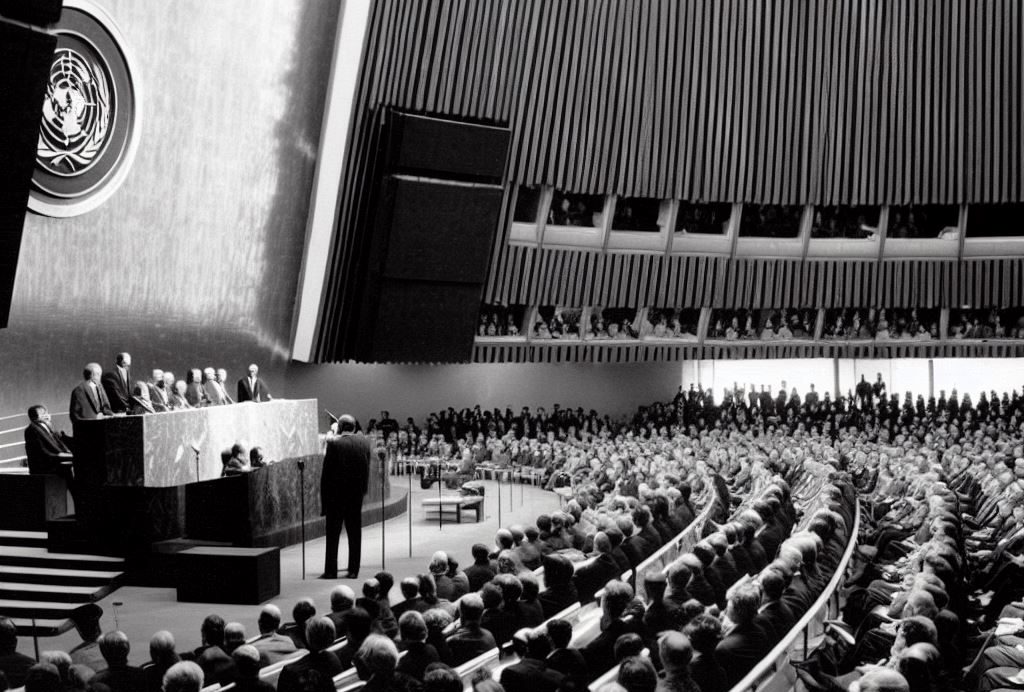
In it, he addressed several key points:
Casals denounced the growing expenditure on arms and the arms race among nations. He urged redirecting these resources towards the welfare of humanity, especially in terms of education, health and poverty eradication.
Pau Casals, renowned cellist and conductor, highlighted the power of music as a universal language that transcends cultural and linguistic barriers. He emphasized its ability to inspire and unite people around common values.
He emphasized the importance of educating the younger generation in the values of peace, mutual respect and justice. He stressed the fundamental role of young people in building a better world and encouraged the protection and nurturing of their spirit.
“The Warsaw speech”
It is one of St. John Paul II’s most emblematic speeches. It was delivered on June 2, 1979, during his first visit to his native Poland during his papacy. On it, he encouraged his people to maintain faith and hope in the midst of oppression and the struggle for freedom. His words inspired the Polish people in their struggle for democracy and human rights.

“The Warsaw Speech”, delivered by St. John Paul II in 1979
It is considered historic and significant for several reasons:
He reaffirmed his belief in freedom as a fundamental right and defended the dignity of every person as the image of God.
St. John Paul II’s speech in Warsaw was also an invitation to maintain faith and moral values in a time of turmoil and conflict. He emphasized the importance of faith in the life of the individual and society.
The main contributions of St. John Paul II during his papacy go beyond a single discourse. There is no doubt that he was a prolific author and theologian. His writings cover a wide range of topics, from morals and ethics to the theology of sexuality and human life. Today, he continues to be a source of inspiration for millions of people around the world.
“Quiet”
This speech (and book), authored by Susan Cain, it promotes advocacy for diversity and valuing different perspectives and personalities. It highlights the qualities and strengths of introverts in a world that often favors extroverts.
Susain Cain,“Quiet”, 2012
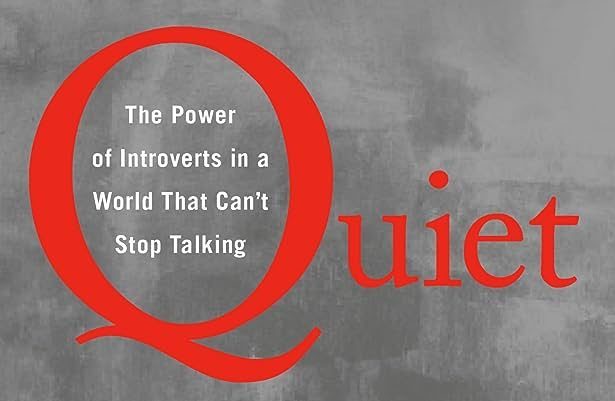
In it, Cain:
Stresses that being introverted is not something negative or in need of correction, but is a valuable way of being and contributing to the world. He highlights the positive qualities of these people, such as the capacity for deep reflection, active listening, creativity, independent thinking and problem solving.
Argues that the best results are achieved when work teams include both introverts and extroverts. He highlights the importance of recognizing and leveraging the unique skills and contributions of each group, promoting a balance that fosters diversity of thought and effective collaboration.
Advocates creating environments that allow introverts to be authentic and develop their individual strengths. Emphasizes the importance of cultivating self-esteem and self-confidence, and how this contributes to personal well-being and success in various areas of life.
Encourages a cultural change in which diversity of personalities is valued and supported. Proposes the creation of spaces and opportunities that foster equitable participation where everyone is heard and appreciated.
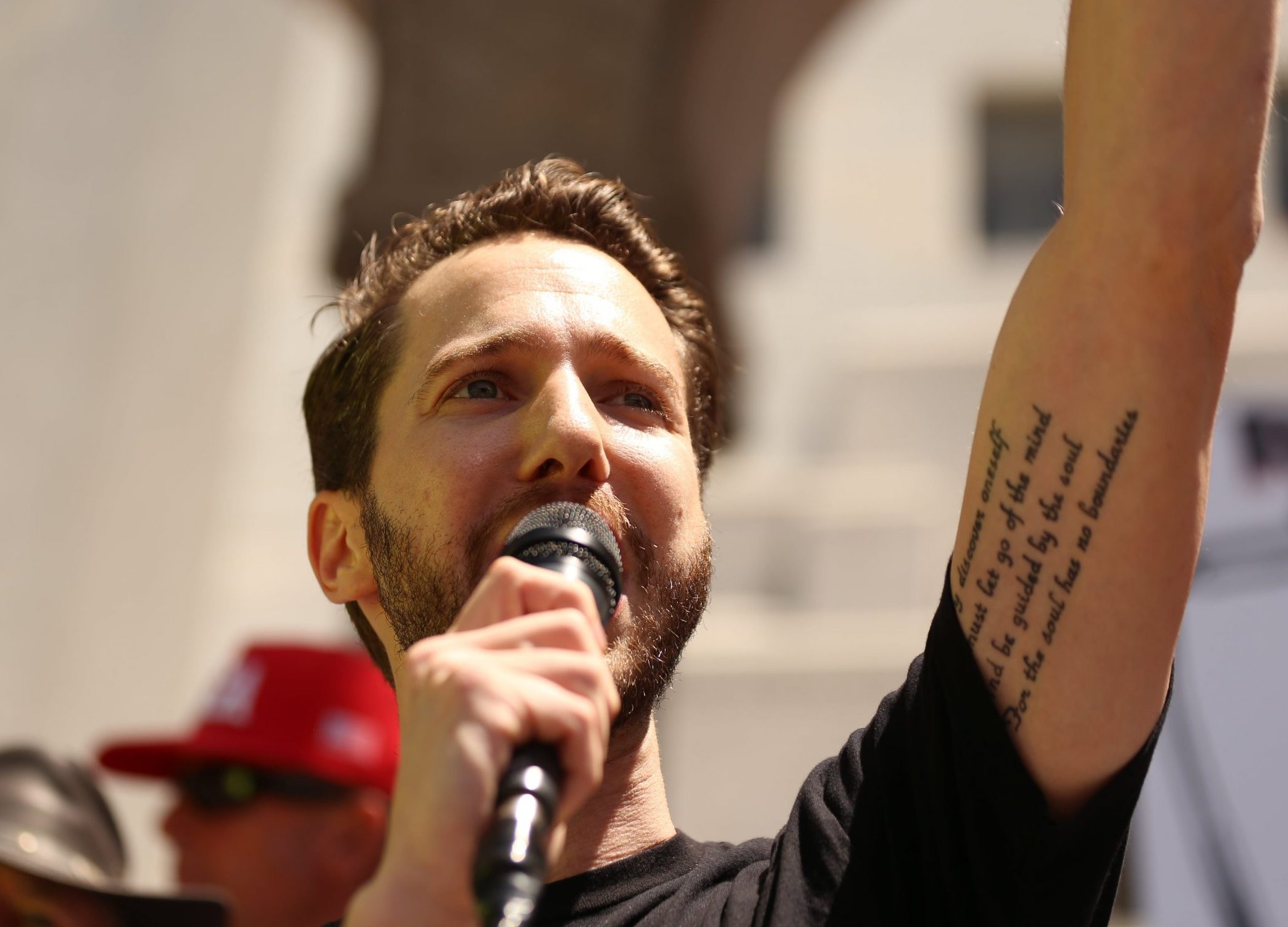
These speeches demonstrate the power of public speaking to convey inspirational messages, motivate people and catalyze change in society.
Common elements to all of them
Although the speeches we have chosen address different topics and were delivered in different historical and cultural contexts, there are some points they all have in common:
Inspiration and motivation: They seek to inspire and motivate the audience. Whether by expressing a dream, inviting action, or encouraging determination and courage, each speech aims to convey a powerful message that inspires people to change and fight for what they believe in.
Fight for freedom and equality: They address the struggle for freedom, justice and equality in different contexts. Whether it is the struggle against racial discrimination, totalitarianism or oppression, all these discourses defend the idea that all people should be treated equally and have fair opportunities.
Overcoming obstacles and adversity: Each discourse refers to overcoming obstacles and adversities. Whether it is the resistance against Nazi occupation or the struggle against oppression, these speeches emphasize the importance of persevering in the face of hardship and maintaining hope for a better future.
Courage and sacrifice: Emphasize courage and sacrifice as fundamental elements to achieve change. They stress the importance of individual and collective courage, as well as the commitment to fight for higher principles and values, even when this implies personal sacrifices.
Invitation to unity and solidarity: Each speech particularly invites unity and solidarity, whether among different ethnic groups, countries or individuals. They highlight the importance of working together, overcoming divisions and uniting in pursuit of a common goal.
Behind each of them is a lot of hard work, talent and the ability to emote and excite by bringing the words that have been written on paper to an audience that will be interested in their content and in incorporating the message conveyed into their own lives.




